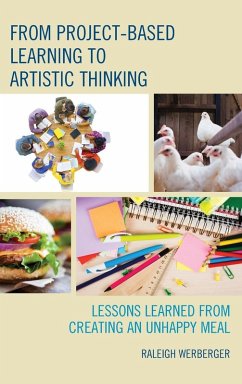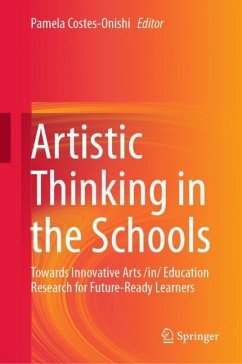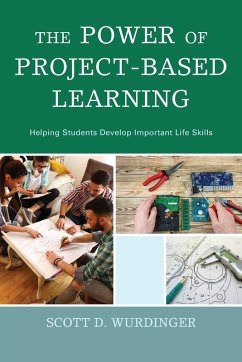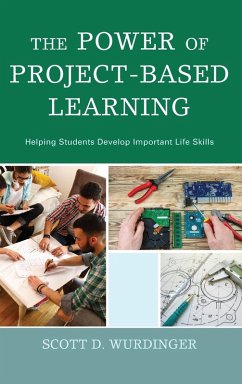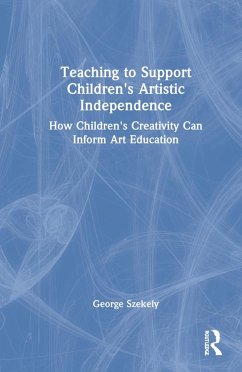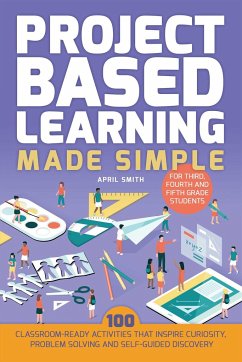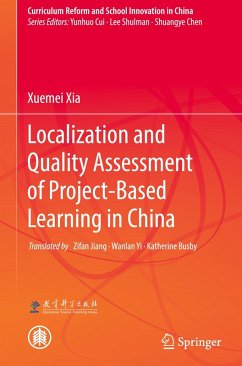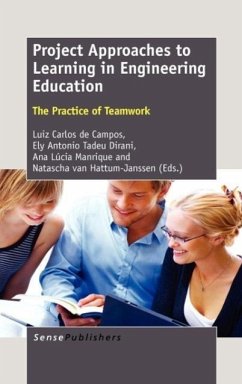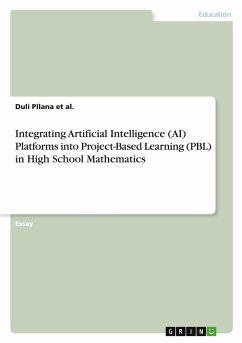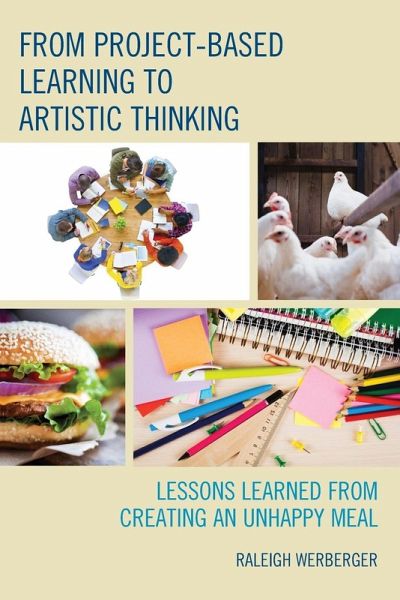
From Project-Based Learning to Artistic Thinking
Lessons Learned from Creating An UnHappy Meal
Versandkostenfrei!
Versandfertig in 1-2 Wochen
44,99 €
inkl. MwSt.
Weitere Ausgaben:

PAYBACK Punkte
22 °P sammeln!
This book is an antidote to other books that purport to show teachers an exact formula to follow to get amazing results in the classroom. It will help to create a classroom that is more like play, with much more freedom and less scripting in order to engage students at a deeper level, and still get excellent results by using arts-based research.





